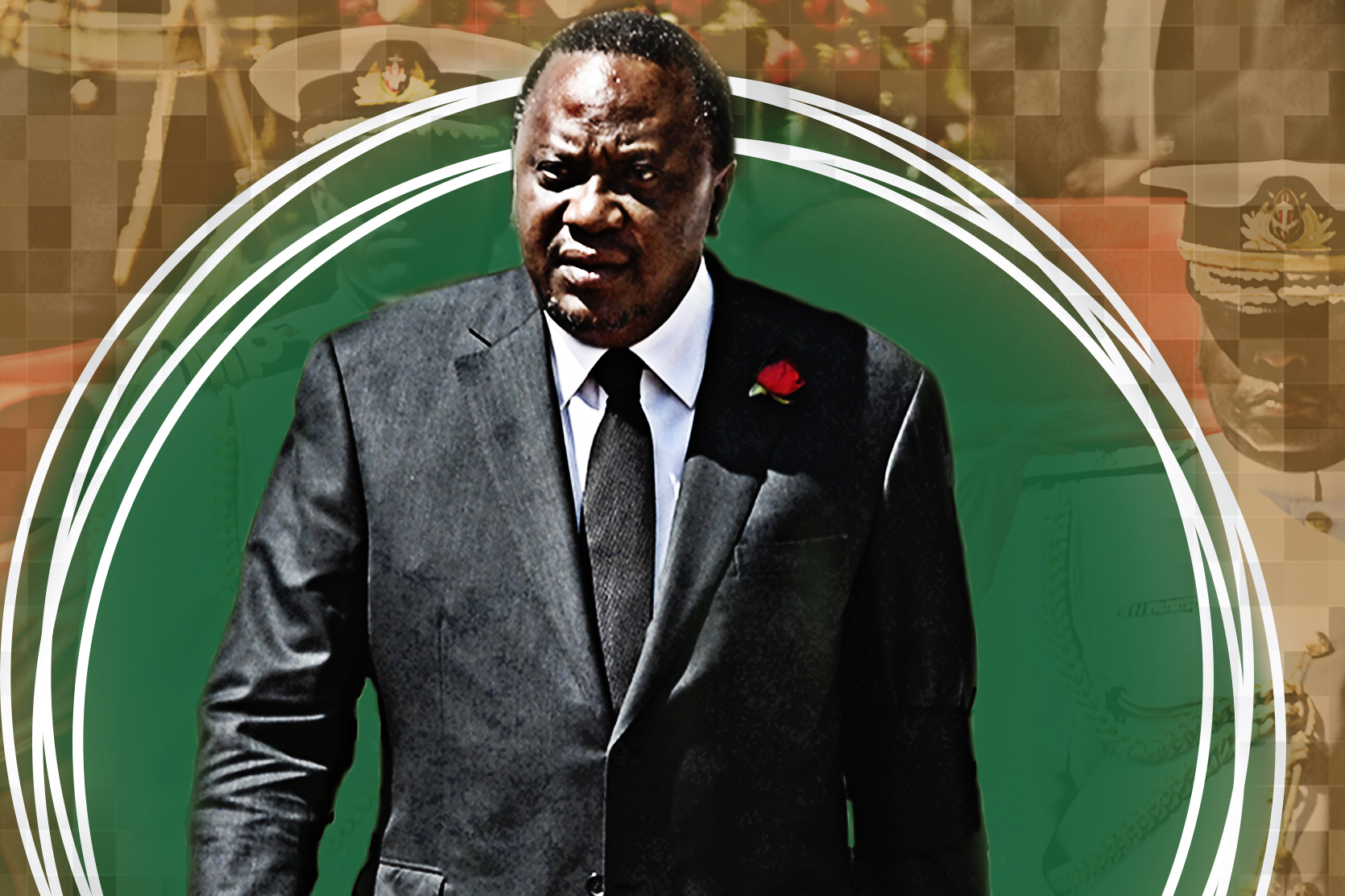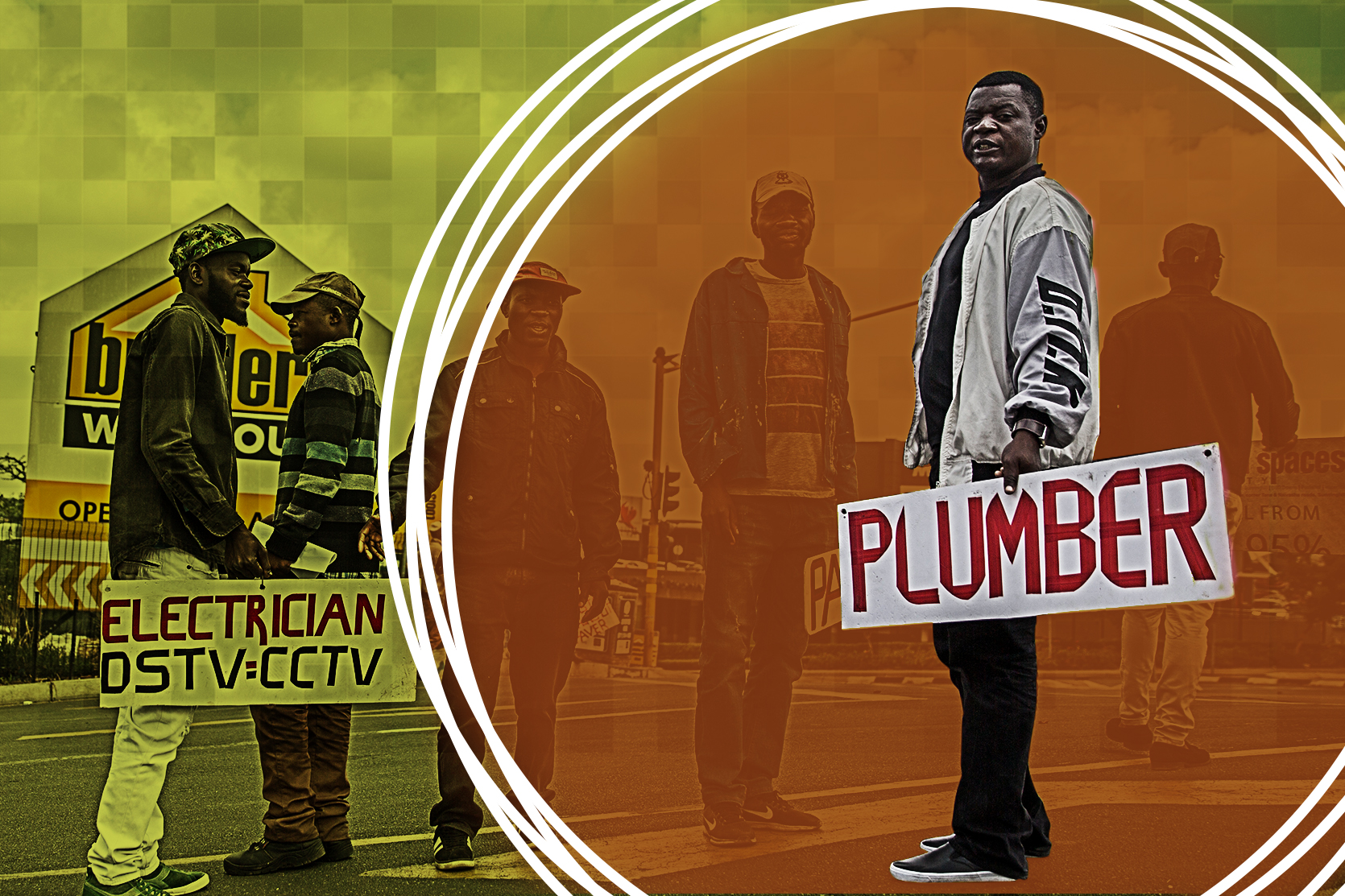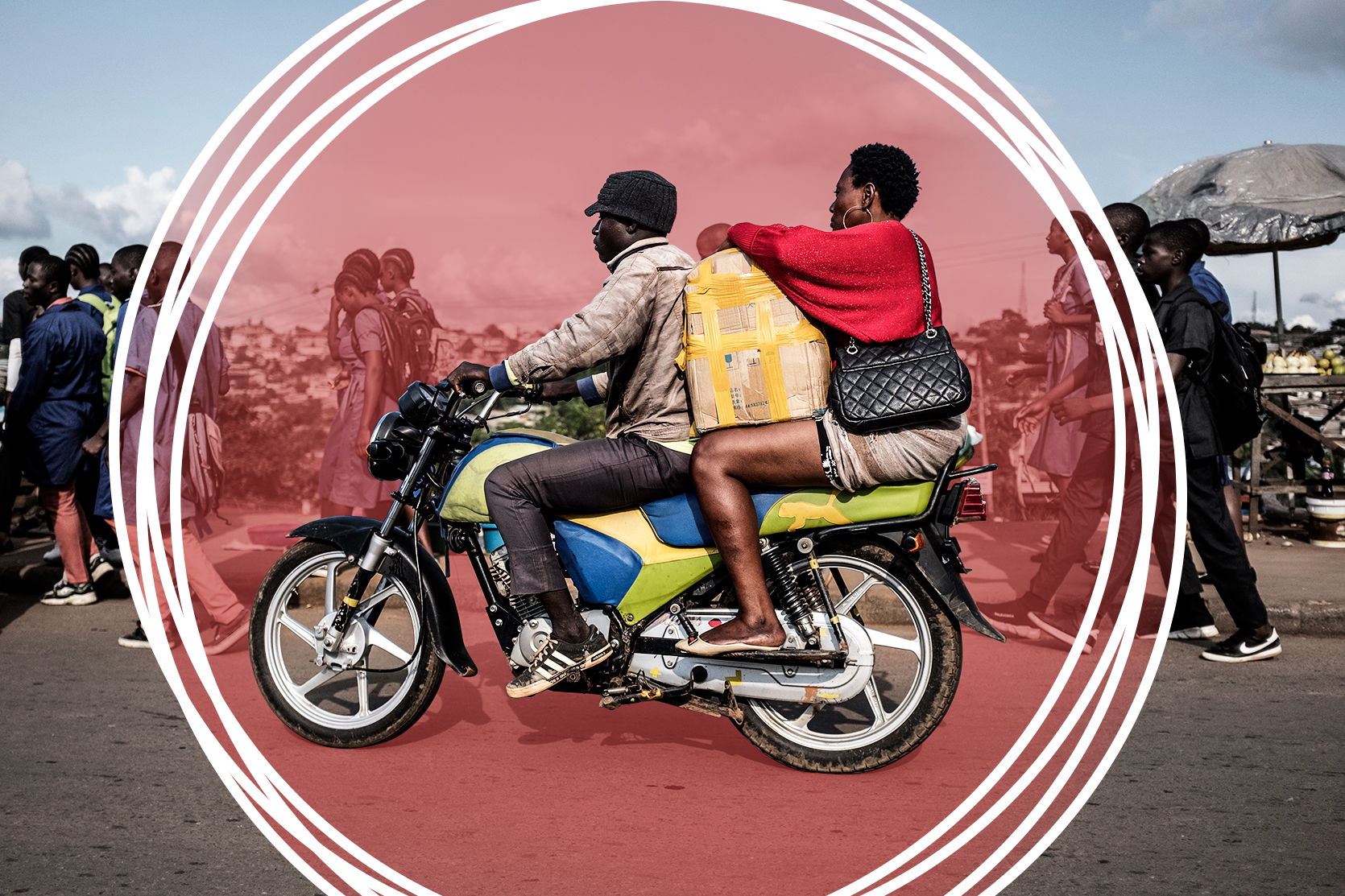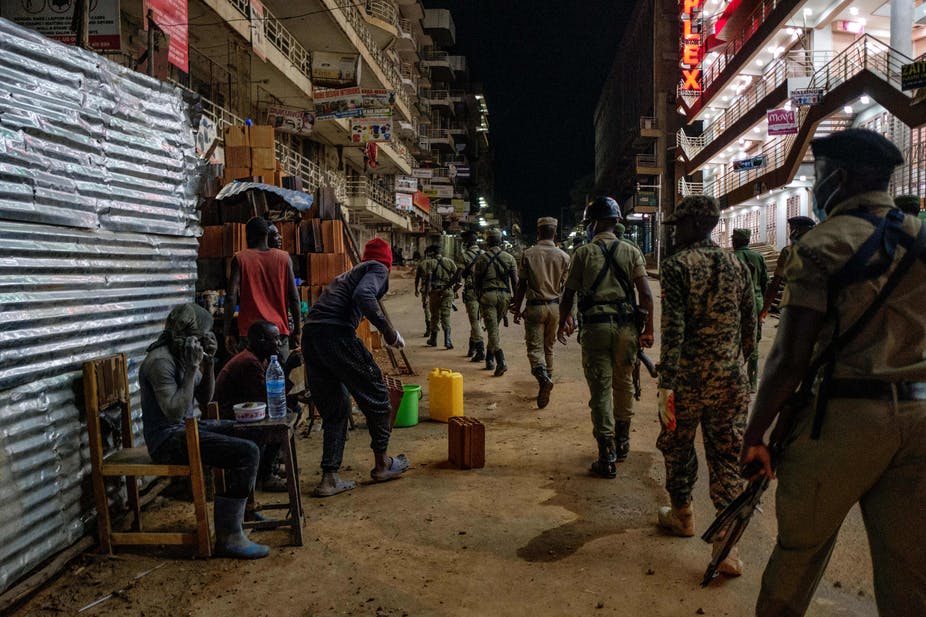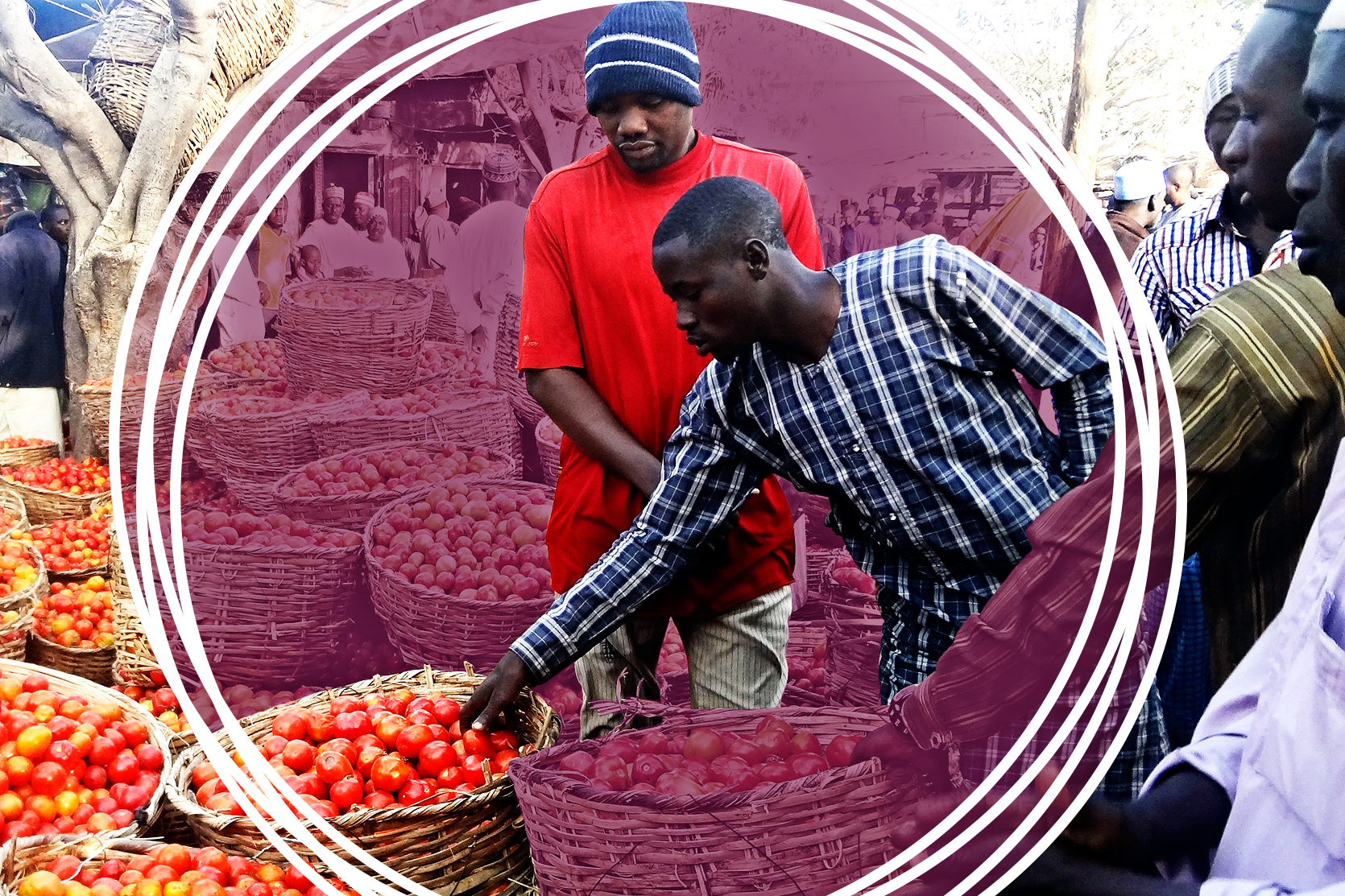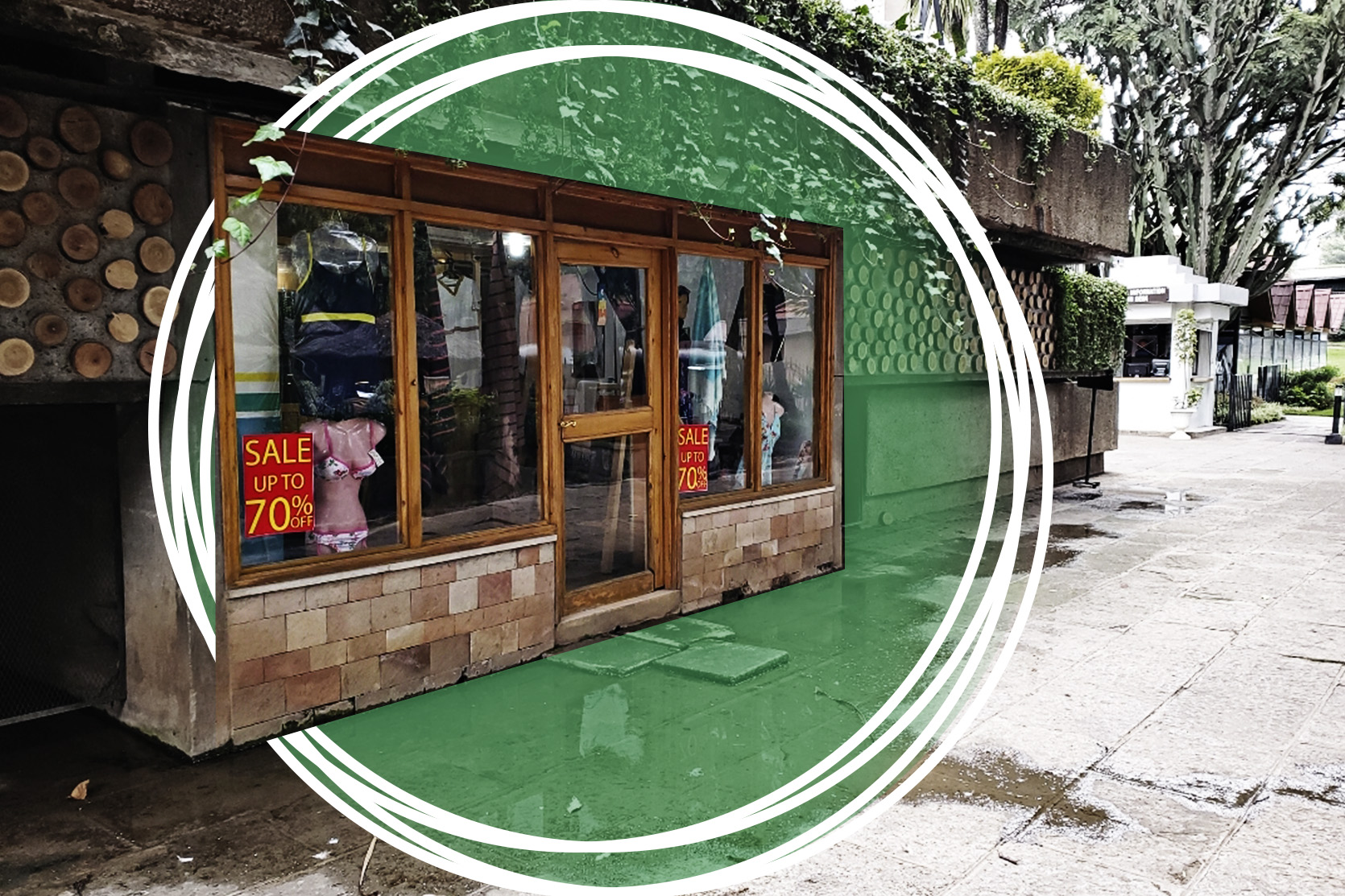
Expert Analysis
C-19: Work and Jobs in Kenya
In 2019, no less than 38.57% of young Kenyans (or 5,341,182 of 13,777,600) were out of work, according to census data. Article 260 of Kenya’s Constitution defines a youth as a person aged between 18 and 34.
South Africa: A jobs crisis amplified by a health crisis
South Africa’s unemployment rates were already a crisis before the Covid-19 pandemic spread across the globe and took root in the country’s economic heartlands of Gauteng and the Western Cape.
C-19 Cameroon: Coronavirus snatches scarce jobs
When Cameroon closed universities, primary and high schools on 17 March as part of preventive measures to stop the spread of the coronavirus, Tongwa Francis was left without a job.
How COVID-19 is putting the rule of law to the test across Africa
A number of Africa’s fragile democracies have become vulnerable to the sword of leaders assuming wide-ranging powers under cover of emergency responses to COVID-19. Partly for this reason, Good Governance Africa has published a set of articles that conceptualise...
COVID-19: A virus eliminating jobs, livelihoods
Nella, 34, a single mother, was an air hostess in Nigeria’s private jet industry. When the Covid-19 pandemic hit, she had to agree to a three-month reduced salary.
C-19: Ethiopia and the rule of law
Hardly any of Ethiopia’s state parastatals epitomise the old-fashioned way of doing business more than the National Lottery Administration (NLA).
READ BETWEEN THE LINES
Sign-up to our newsletter to get the inside track on Africa

